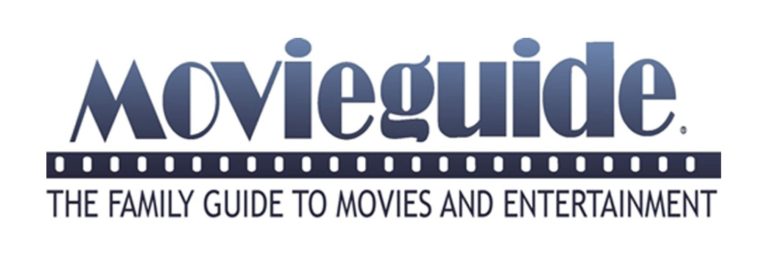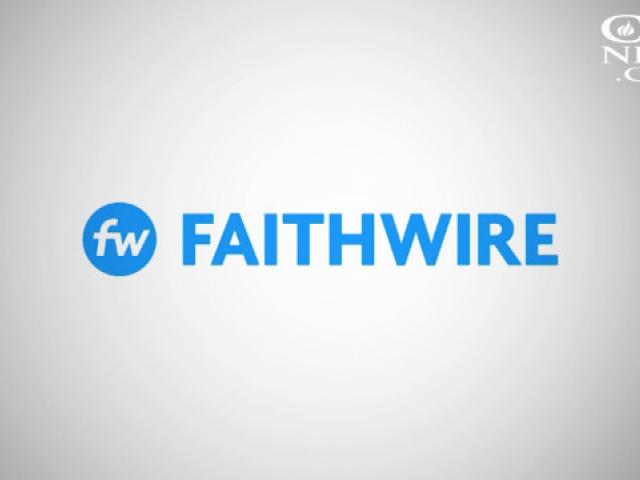*This blog is the second in a series for Internet Safety Month 2020. The first part covers current actions NCOSE supports in order to fight for internet safety. This second part covers progress that still needs to be made on this front.*
As designated by the U.S Senate, June is National Internet Safety Month in the United States.
The National Center on Sexual Exploitation believes all people have the right to a life free from sexual exploitation and its effects. This includes the right to safe digital spaces where human dignity is protected and preserved.
Here are several areas where your action and support are needed in order to make the internet safer for all.
Action Needed: 2020 Dirty Dozen List
Since we announced the Dirty Dozen List in February this year, we have already seen victories with many of the culprits named and shamed.
Under the direction of our Vice President of Advocacy and Outreach, Haley McNamara, we’d especially like to focus advocacy efforts toward the following four corporations during Internet Safety Month 2020:
- Netflix. With over 150 million subscribers, Netflix has made some progress when it comes to child safety but still has a ways to go in regard to becoming safer and eliminating sexual exploitation on its platform. Adding filtering tools isn’t enough. Netflix is currently producing and hosting sexually graphic and degrading content. Additionally, Netflix’s app rating is completely inappropriate as it is making this graphic media available to children 4+.
- Google. 30 million educators and students (maybe even more due to COVID-19) use Google devices to facilitate virtual and digital learning. Many of the devices that are being given directly to children are Chromebooks. Knowing the risk of online child exploitation and the harms of early pornography exposure, Google should take responsibility and initiative to have safety features and pornography filters installed and activated by default on student devices. They already have the technology — such as SafeSearch — so why aren’t they setting it as default on devices that it is selling to schools for children to use? With so many resources, Google has a responsibility to play a greater and more proactive role when it comes to protecting children online.
- TikTok. With over 500 million users, TikTok has swiftly become an incredibly popular app—especially among younger users. We’ve recently seen TikTok take steps forward by creating a Family Safety Mode and making updates to its Safety Features. However, TikTok could further protect young users by automatically defaulting their accounts to “Private” and “Restricted Mode”. Also, in order to report problematic accounts currently, users have to open the content on these accounts. TikTok should not require exposure to graphic and obscene materials in order to make a report. Additionally, the review of these reported abusive and exploitative accounts needs to be handled more thoroughly as we have received many reports of problematic content being allowed to remain on the platform even after it has been reported to TikTok.
- Twitter. Twitter hosts as many as 10 million accounts that may include explicit sexual content. Knowing the connections between pornography, prostitution, and sex trafficking, it is likely that many of these accounts are advertising and facilitating sexual slavery. There is also a vast amount of cyber-based sexual harassment that occurs on the platform. The problems don’t end there, but one of the most concerning parts is how Twitter itself seems to ignore its own policies against pornographic content and thereby allows harm to its users.
The National Center on Sexual Exploitation is recognizing the importance of Internet Safety Month this June 2020 and we are hoping you will add your voice and support as we continue in tireless advocacy efforts with corporations on the Dirty Dozen List—especially Netflix, Google, TikTok, and Twitter. We ask that you complete the following actions and that you share these actions with your networks. The movement can only grow with your help!
To take action against Netflix, see here.
To take action against Google Chromebooks, see here.
To take action against TikTok, see here.
To take action against Twitter, see here.



